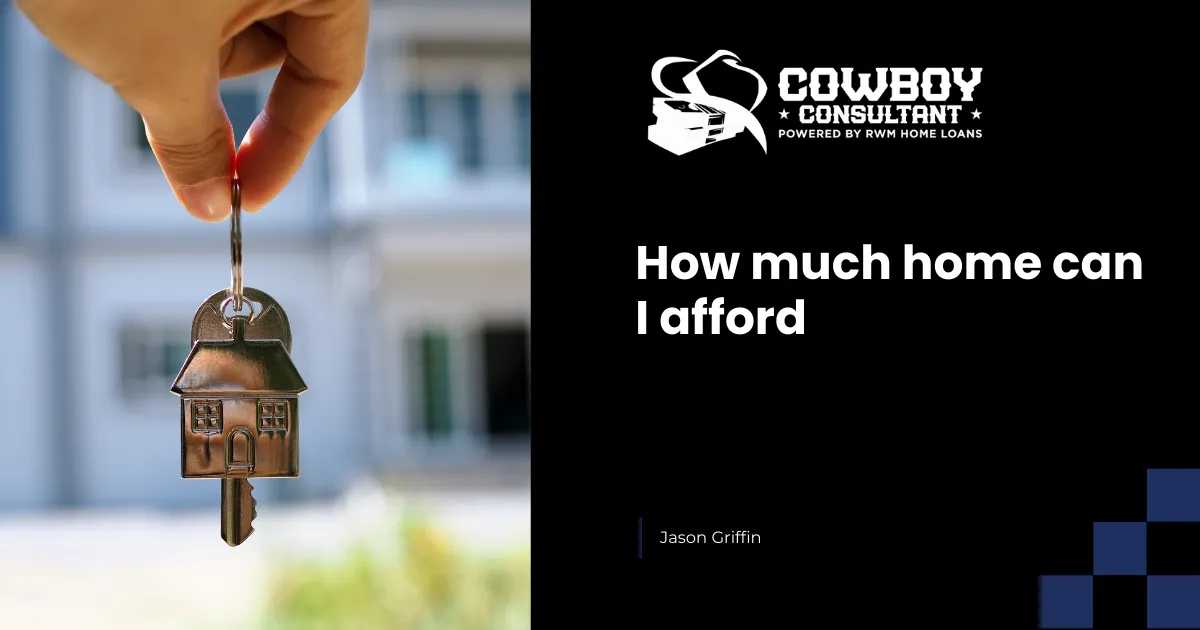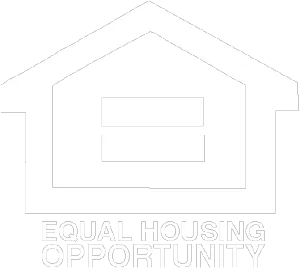
How Much Home Can I Afford?
Understanding What Affordability Really Means
When you’re house hunting, one of the biggest questions you'll face is: How much home can I actually afford? This question isn’t just about mortgage calculators or pre-approvals—it’s about lifestyle, financial goals, and long-term peace of mind. Whether you're a first-time buyer or upgrading to a larger place, understanding affordability goes beyond the monthly payment.
Start With Income and Debt
The first step in determining your home budget is understanding your debt-to-income ratio (DTI). This is the percentage of your monthly gross income that goes toward paying debts. Lenders typically prefer a DTI under 43%, but some programs may allow higher with compensating factors.
For example, if you earn $6,000 a month and have $1,500 in monthly debt payments (car loan, student loans, credit cards), your DTI is 25%. Add in a future estimated mortgage payment, and lenders use this number to gauge your risk and determine how much they'll approve you for.
Source: https://www.consumerfinance.gov/ask-cfpb/what-is-a-debt-to-income-ratio-en-1791/
The 28/36 Rule
A helpful budgeting framework is the 28/36 rule. This suggests that no more than 28% of your gross monthly income should go toward housing expenses (including mortgage, taxes, insurance, and HOA fees), and no more than 36% toward total debts.
If you earn $6,000 monthly:
Housing budget: $1,680
Total debts including housing: $2,160
This gives you a realistic guideline while allowing room for saving and emergencies.
Don't Forget the Down Payment and Closing Costs
Many buyers focus on monthly payments, but don’t overlook the upfront costs. A down payment can range from 0% (VA/USDA loans) to 3%-20% depending on your loan type. Closing costs usually run 2%-5% of the home price and can include lender fees, title insurance, taxes, and more.
Some programs allow for seller credits or lender-paid closing costs, but planning for these expenses upfront makes you a stronger, more confident buyer.
Source: https://www.nerdwallet.com/article/mortgages/down-payment-on-a-house
Factor In Taxes, Insurance, and HOA Dues
Your mortgage principal and interest are only part of the equation. Property taxes, homeowners insurance, and HOA dues (if applicable) can significantly impact your monthly payment. These can vary widely by location, so it’s important to get estimates specific to your area.
Use a mortgage calculator that includes taxes and insurance for a more accurate picture.
Source: https://www.investopedia.com/mortgage-calculator-5079941
Leave Room for Life
Just because a lender approves you for a certain amount doesn’t mean you should borrow the maximum. Leave room in your budget for savings, investments, travel, emergencies, and lifestyle choices. Buying at your comfort level—not the bank’s—is how you avoid stress and build long-term wealth.
Get Pre-Approved Early
A pre-approval from a lender gives you a more precise number based on your actual credit, income, and assets. It also strengthens your offer when you're ready to buy. Start early in your search to know where you stand.
Final Thoughts
“How much home can I afford?” isn’t a one-size-fits-all answer. It’s a balance between your financial picture, future goals, and daily comfort. Talk to a mortgage expert early, run the numbers, and make sure your purchase fits the life you want—not just today, but for years to come.


